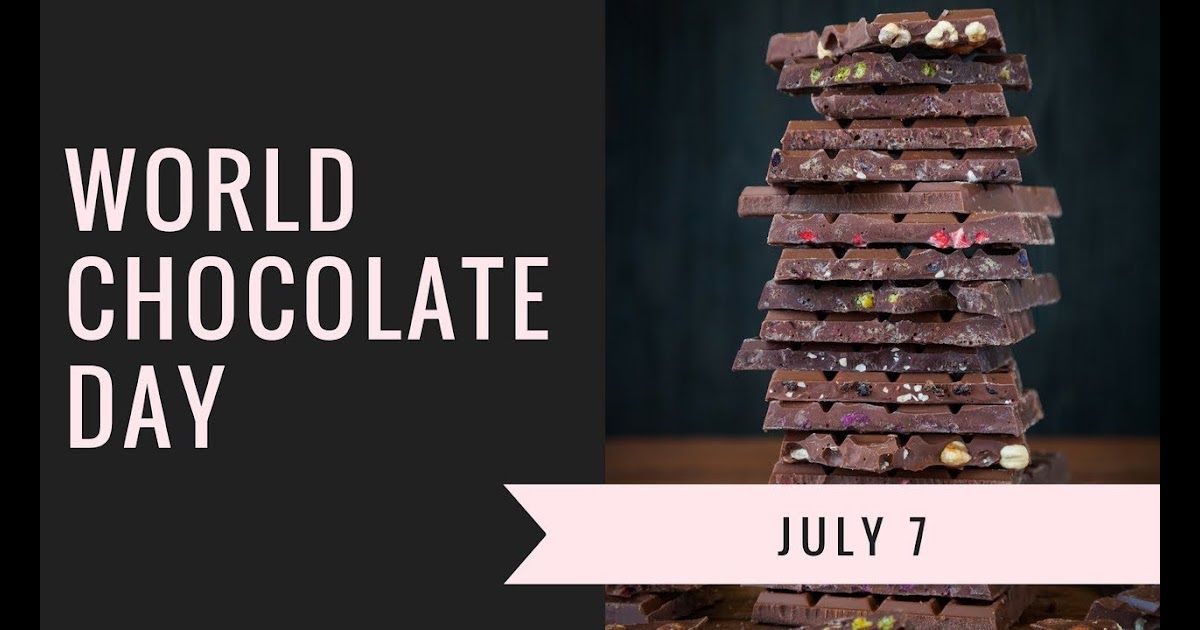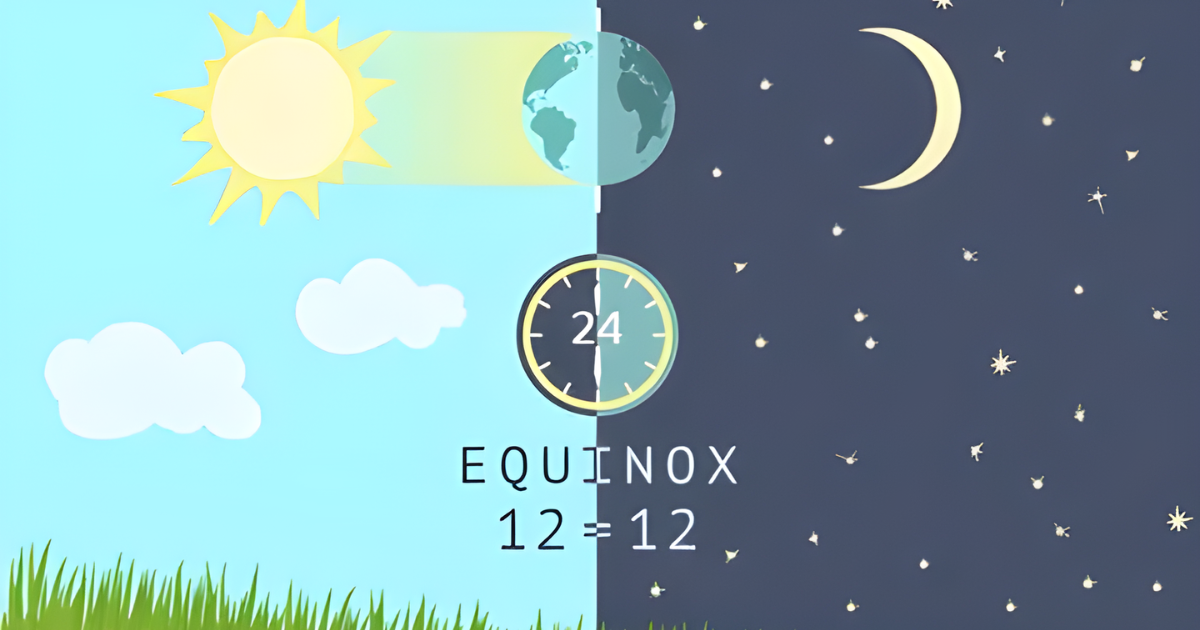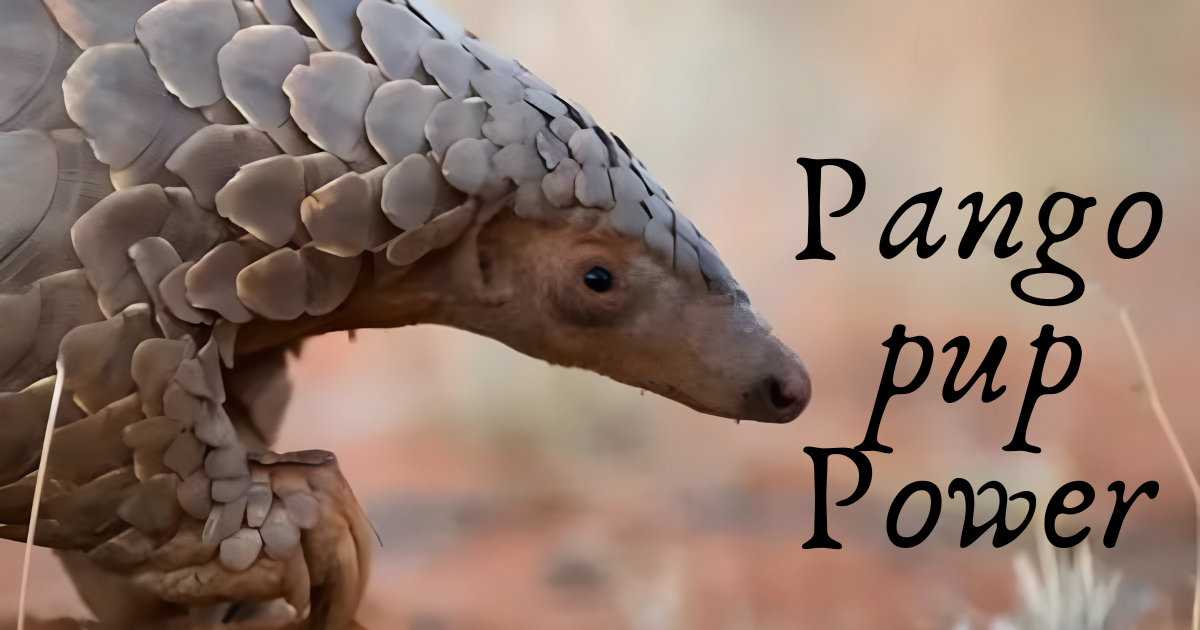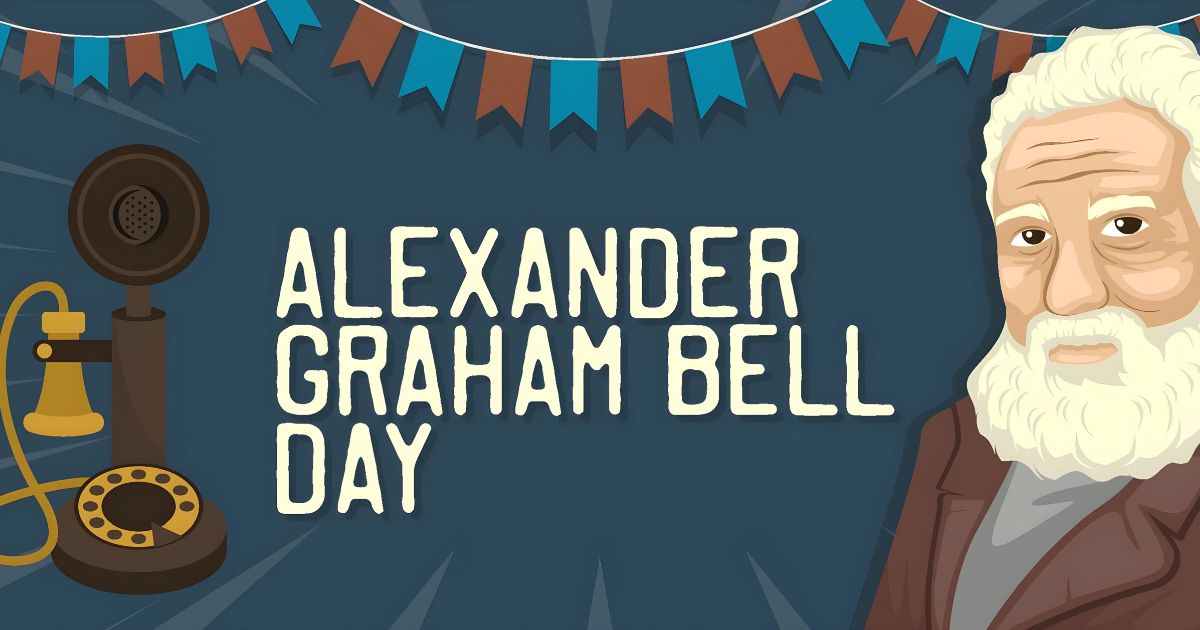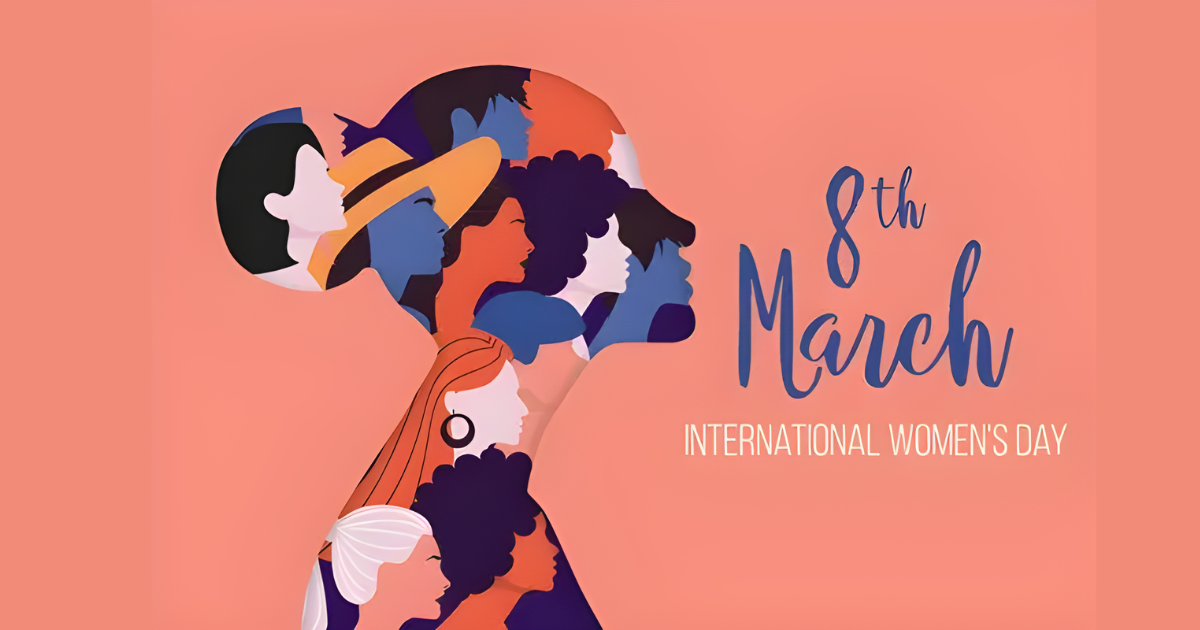World Chocolate Day is a beloved celebration that brings joy to chocolate enthusiasts worldwide. This delightful occasion, observed on October 28 in the United States, provides the perfect excuse to indulge in one of humanity’s most cherished treats. In this comprehensive guide, we’ll explore the rich history of chocolate, its cultural significance, health benefits, and the various ways people celebrate World Chocolate Day.
Read More: Digital News Planet
World Chocolate Day 2024: The History of Chocolate
Ancient Origins
The story of chocolate begins in Mesoamerica, where the cacao tree originated. The Olmecs, one of the earliest civilizations in Latin America, were the first to turn the cacao plant into chocolate as early as 1900 BC.
The Mayan and Aztec Era
The Maya civilization, flourishing from 250 to 900 AD, revered chocolate. They used it in religious rituals, traded it as a valuable commodity, and enjoyed it as a drink. The Aztecs later adopted cacao, believing it to be a gift from the gods.
European Discovery and Spread
Christopher Columbus encountered cacao beans during his fourth voyage to the Americas in 1502, but Hernán Cortés introduced chocolate to Europe in the 16th century. Initially, chocolate was a bitter drink, often mixed with spices.
The Industrial Revolution and Modern Chocolate
Fast-forward to 16th-century Europe, where chocolate turned sweet and captivated the masses. Companies like Cadbury (founded in England in 1868), Milton S. Hershey (who started with chocolate-coated caramels), and Nestlé (dating back to the 1860s) played pivotal roles in chocolate’s evolution.
The invention of the cocoa press in 1828 by Coenraad van Houten revolutionized chocolate production. This led to the creation of solid chocolate as we know it today. The 19th century saw the establishment of major chocolate companies that are still household names.
The Science of Chocolate
Composition of Chocolate
Chocolate is made from cocoa solids, cocoa butter, and sugar. The percentage of cocoa solids determines whether the chocolate is classified as dark, milk, or white.
The Chocolate-Making Process
- Fermentation: After picking cacao pods, they’re cleaned and dried. The cacao beans are then fermented, revealing cacao nibs.
- Processing: Chocolatiers grind the nibs into cocoa mass, separating cocoa solids and butter.
- Varieties: Dark chocolate, with less sugar, is gaining popularity. Look for quality dark chocolate from regions like Ghana, Ecuador, and the Ivory Coast.
- Fair Trade: Be mindful of child labor issues; choose “fair trade chocolate” to support sustainable cocoa farming.
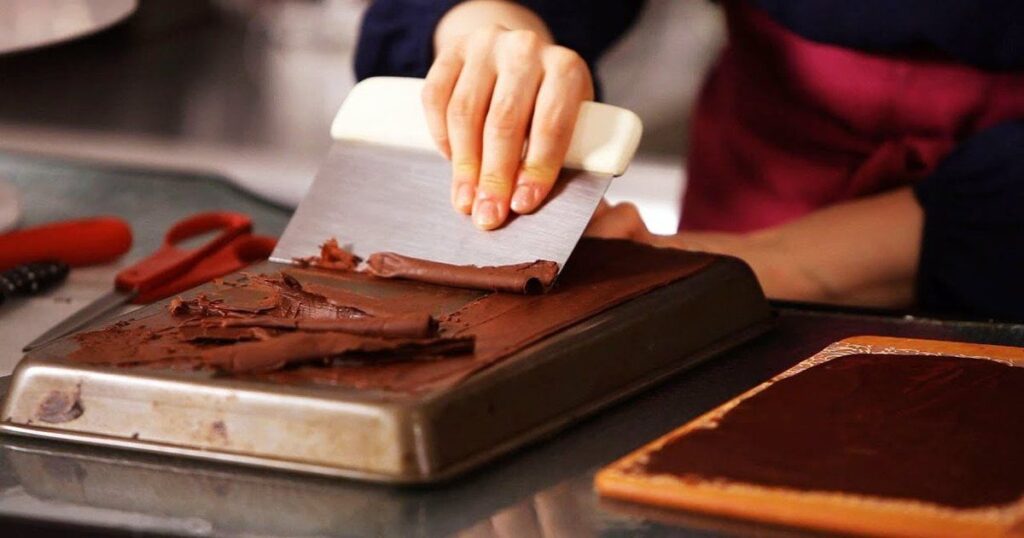
Fun Facts
- 1828: Dutch chemist Coenraad Van Houten invented a hydraulic press, leading to the first chocolate powder.
- 1875: Swiss chocolatier Daniel Peter collaborated with M. Henri Nestlé to bring milk chocolate to the market.
Health Benefits of Dark Chocolate
Recent studies have shown that dark chocolate, when consumed in moderation, can have several health benefits:
- Rich in antioxidants
- It may improve heart health.
- Potential cognitive benefits
- It could help lower blood pressure.
Types of Chocolate
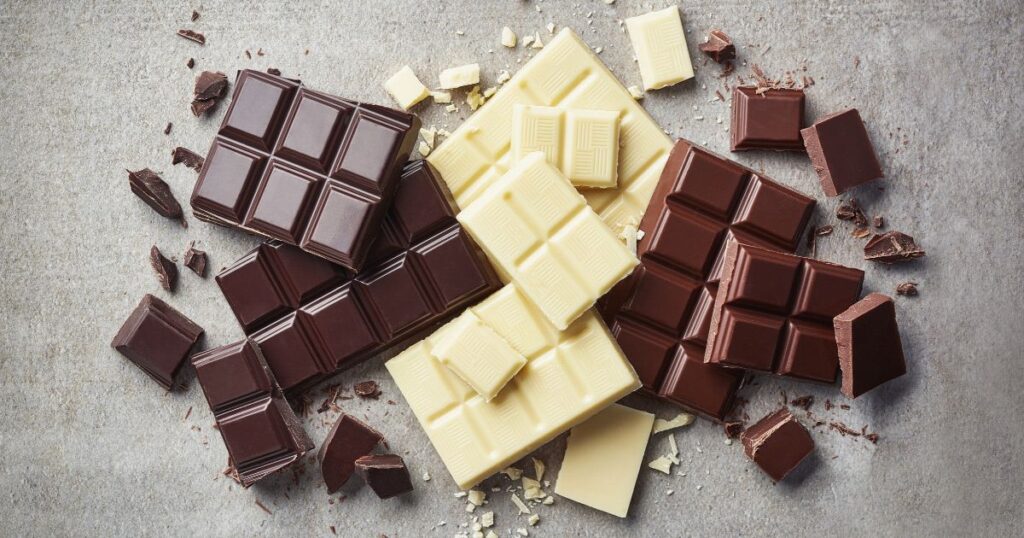
Dark Chocolate
Dark chocolate contains more cocoa solids and less sugar than other types. It’s known for its intense flavor and potential health benefits.
Milk Chocolate
The most popular type of chocolate, milk chocolate, includes milk powder or condensed milk in its ingredients, giving it a creamy texture and sweeter taste.
White Chocolate
Technically, it is not chocolate, as it contains no cocoa solids; white chocolate is made from cocoa butter, sugar, and milk solids.
Ruby Chocolate
Introduced in 2017, ruby chocolate is a relatively new variety with a natural pink color and berry-like flavor.
Chocolate Recipes for World Chocolate Day 2024
- Rich Chocolate Cake:
- A classic choice! Bake a moist chocolate cake with layers of velvety ganache. Top it with fresh berries or edible flowers for an elegant touch.
- Decadent Truffles:
- Create your truffles by rolling the ganache into bite-sized balls. Coat them in cocoa powder, crushed nuts, or sprinkles. Experiment with flavors like orange zest or espresso.
- Chocolate-Dipped Strawberries:
- Dip fresh strawberries into melted dark chocolate. Let them cool and harden for a delightful combination of juicy fruit and rich chocolate.
- Fudgy Brownies:
- Whip up a batch of gooey brownies. Add walnuts or swirl in peanut butter for extra indulgence.
- Molten Lava Cakes:
- These individual cakes have a gooey, molten center. Serve them warm with a scoop of vanilla ice cream.
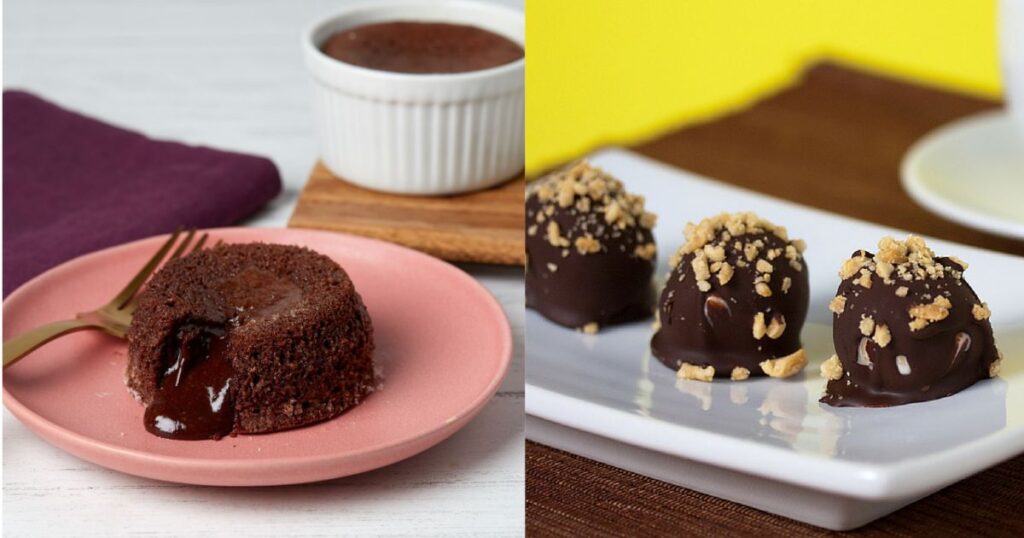
The Global Chocolate Industry
Major Producers and Consumers
A few large multi national companies dominate the global chocolate market. As of 2024, Switzerland, Germany, and the United States are the top chocolate-consuming countries.
Sustainable and Ethical Chocolate Production
There’s an increasing focus on sustainable and ethical chocolate production, addressing issues such as child labor, deforestation, and fair wages for cocoa farmers.
Innovations in Chocolate Manufacturing
Recent innovations include 3D-printed chocolate, personalized flavor profiles, and alternative sweeteners to cater to health-conscious consumers.
Celebrating World Chocolate Day
Origin of the Holiday
While the origin of World Chocolate Day is unclear, it has been celebrated on October 28 in the United States for several years. It’s important to note that different countries may celebrate their Chocolate Days on different dates.
Ways to Celebrate
- Chocolate tasting parties
- Chocolate-making workshops
- Visiting local chocolatiers
- Trying new chocolate recipes
- Gifting chocolate to friends and family
Virtual Celebrations
In recent years, particularly since the COVID-19 pandemic, virtual chocolate tastings and online chocolate-making classes have become popular ways to celebrate world Chocolate Day.
Chocolate in Popular Culture
Literature and Film
Chocolate has played a significant role in literature and film, from Roald Dahl’s “Charlie and the Chocolate Factory” to the movie “Chocolat.”
Art and Design
Chocolate has inspired various art forms, including sculptures, paintings, and fashion design.
Chocolate Museums
Several chocolate museums around the world, including the Choco-Story in Brussels and the Chocolate Museum in Cologne, offer visitors a chance to learn about the history and production of chocolate.
Chocolate Tourism
Chocolate Destinations
Some cities and regions are famous for their chocolate, attracting tourists worldwide. Notable destinations include:
- Brussels, Belgium
- Zurich, Switzerland
- Hershey, Pennsylvania, USA
- Oaxaca, Mexico
Chocolate Tours and Experiences
Many destinations offer chocolate-themed tours, from visits to cacao plantations to guided tastings at artisanal chocolatiers.
Chocolate and Mental Health
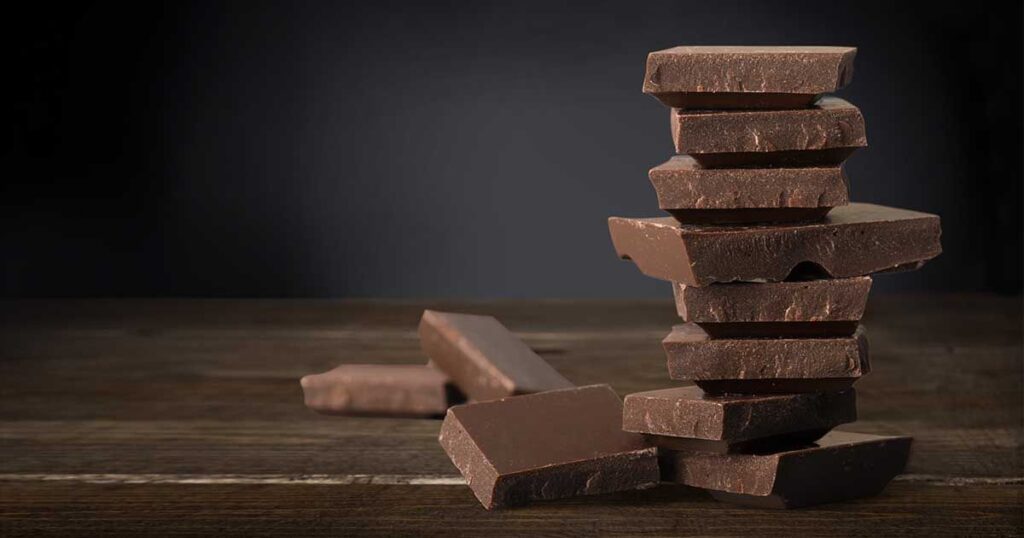
Mood-Boosting Properties
Chocolate contains compounds that can improve mood, including phenylethylamine and tryptophan.
Stress Relief
Many people turn to chocolate as a comfort food during stress, and some studies suggest it may have stress-relieving properties.
Emotional Connections
Chocolate often holds solid emotional associations linked to memories of celebrations, romance, and comfort.
Virtual Global Chocolate Festival
In response to the increasing popularity of online events, a Virtual Global Chocolate Festival is being planned for World Chocolate Day 2024. This digital celebration will allow chocolate lovers from around the world to participate in:
- Live-streamed chocolate-making demonstrations
- Virtual tours of famous chocolate factories
- Online chocolate-tasting sessions with expert chocolatiers
- Interactive workshops on chocolate pairing and appreciation
Sustainable Chocolate Challenge
For World Chocolate Day 2024, several major chocolate companies are expected to launch a Sustainable Chocolate Challenge. This initiative aims to:
- Promote eco-friendly packaging solutions
- Encourage the use of ethically sourced cocoa
- Showcase innovative approaches to reducing the carbon footprint of chocolate production
Chocolate and Technology Showcase
World Chocolate Day 2024 will likely feature cutting-edge technologies in chocolate production and consumption:
- 3D-printed chocolate sculptures with intricate designs
- Augmented reality experiences that enhance chocolate-tasting
- AI-powered chocolate flavor profiling and personalized recommendations
Community Engagement Initiatives
Many local communities are planning special events for world Chocolate Day 2024, including:
- Chocolate-themed charity runs and fundraisers
- Educational programs in schools about the history and science of chocolate
- Community chocolate potlucks and recipe exchanges
World Hot Chocolate Day 2024
World Hot Chocolate Day, celebrated annually on January 31, will occur on Wednesday, January 31, 2024. This day honors one of the most comforting and beloved chocolate beverages. Here’s what to expect for World Hot Chocolate Day 2024:
Innovative Hot Chocolate Flavors
Cafes and chocolate shops are likely to introduce unique hot chocolate flavors for World Hot Chocolate Day 2024, such as:
- Spiced pumpkin hot chocolate
- Lavender white hot chocolate
- Salted caramel and popcorn hot chocolate
- Matcha green tea hot chocolate
Conclusion
World Chocolate Day offers a delightful opportunity to celebrate one of the world’s most beloved foods. From its ancient origins to its modern-day global significance, chocolate captivates our taste buds and imaginations. Whether you prefer a simple chocolate bar or an elaborate chocolate creation, this day invites us all to indulge in chocolate’s rich, complex world.

